

No Act of Kindness, No Matter How Small, Is Ever Wasted
By Gap 360
Last updated: 3rd February 2017
“No act of kindness, no matter how small, is ever wasted”- A saying everyone should go by. After all, it’s these small acts that make the world go round.
We think it’s important that you guys know how valuable your impact is on our volunteering projects because without you, our special communities all around the world would not be able to achieve what they do today.We asked our in-country teams, how previous volunteers have helped these incredible projects, and here’s what they had to say...
Costa Rica House Building Volunteers
Costa Rica Team: “We started working with the project about 9 years ago and in that time our volunteers have helped over 150 deserving families become home owners.
Everybody involved in the building programme wins. The families would not normally be able to afford to have a house built, but gets free labour from our volunteers allowing them to use the small amount of money they have to buy doors or paint. The host family has some extra income that allows them to put their children in school or help buy food for their family and the volunteer gets a great insight into the real Costa Rica and makes a difference to the local community!”
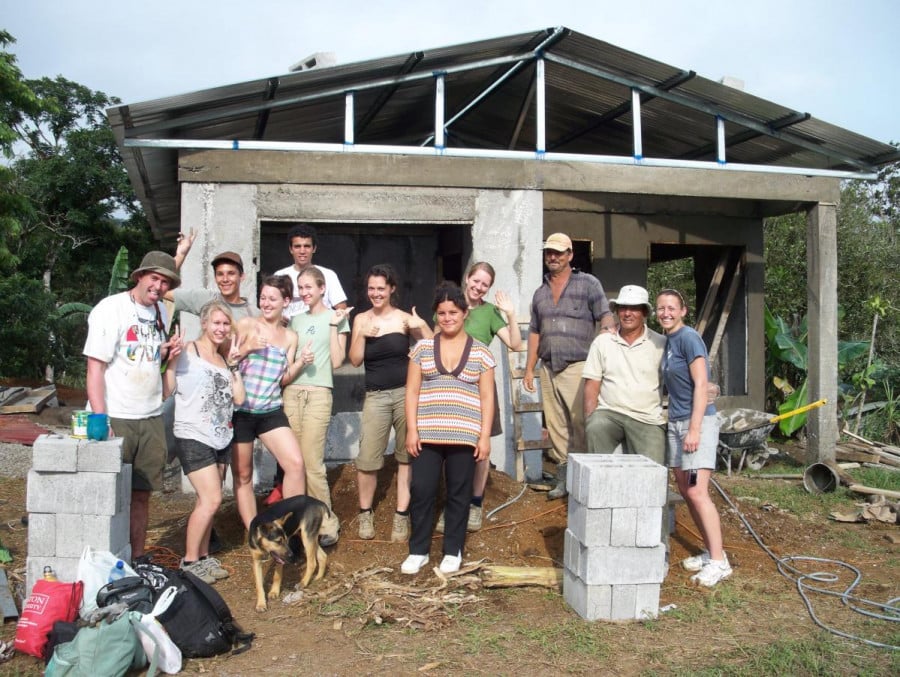
Ghana Teaching Volunteers
Ghana Team: “We have had so many volunteers that have come and have made a huge difference.
The NGO was set up 15 years ago when the founder noticed that a lot of children don’t go to school and were missing out on an education. Government schools are free in Ghana, however, books are required and these are at an additional cost. Parents could not afford the books and therefore their children don’t go to school.
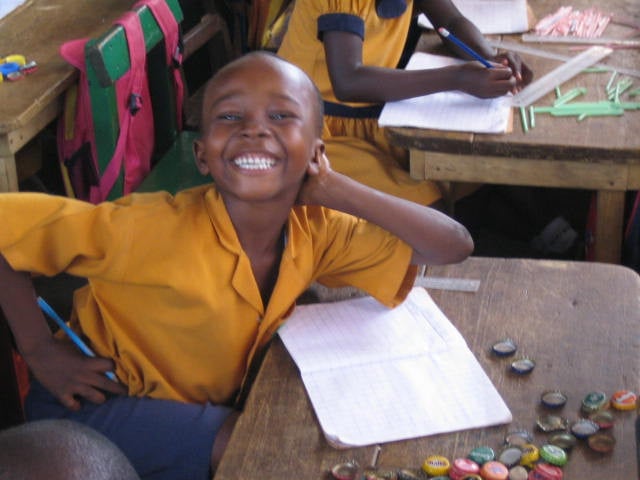
The NGO centre was originally set up under a mango tree with 7 children. There are now over 200 children from the ages of 3 -18 and they are all offered free education.
The volunteers come and teach either one on one or a whole class. When the volunteers are there the children absolutely love it. They are so keen to learn and really appreciate and want the help. They often come up to the volunteers and ask for more homework, as they really want to learn.”
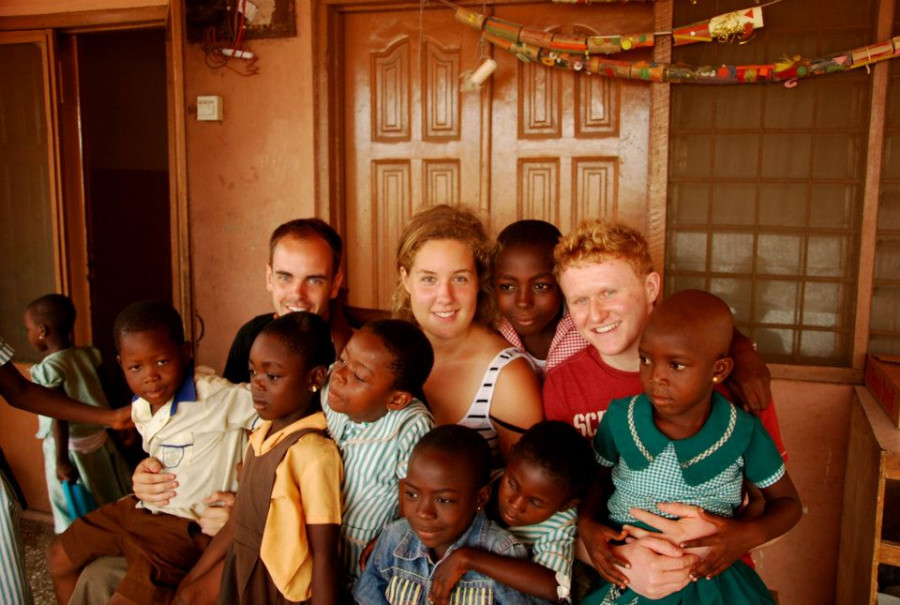
Namibia Wildlife Volunteers
Namibia Team: “Volunteering at the Namibia Wildlife Sanctuary makes a huge impact on both the local wildlife and the local communities.
From feeding the animals and ensuring their enclosures are sparkling clean to providing hands on care, love and enrichment for the babies and orphaned wildlife that arrive at the sanctuary; volunteers are helping to improve the life and wellbeing of all our furry, winged and scaled inhabitants.
Volunteers positively impact the lives of these animals on a daily basis, not only providing them with the care to ensure their survival, but going above and beyond to ensure their lives are full of comfort and joy.
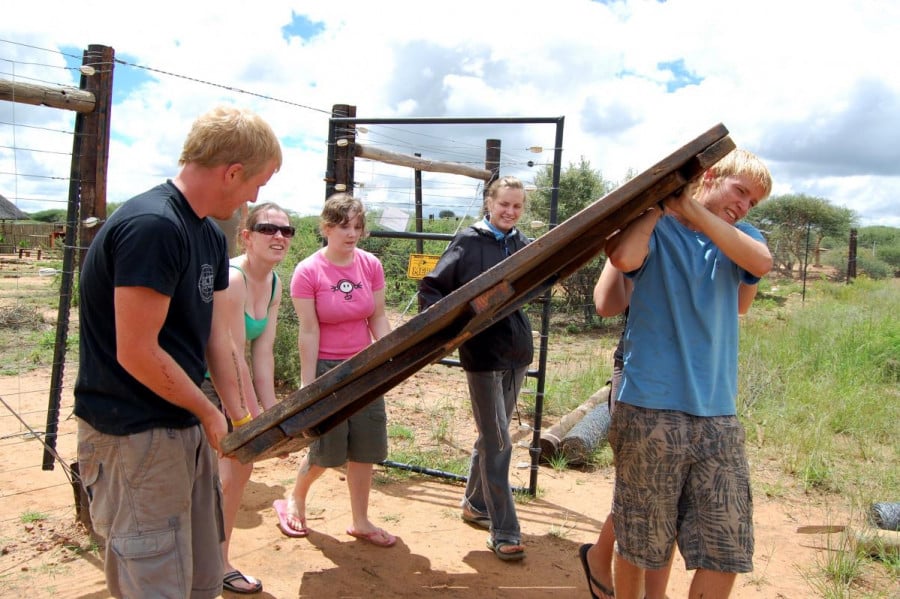
Volunteer achievements have included the building, repairing and beautifying of our animal's homes and enclosures; providing the animals' with carefully prepared food, with exercise on walks and through enrichment, with company, love and care.
Volunteers who come to the Namibia Wildlife Sanctuary may also have the opportunity to assist with the education of the children of the marginalized San Bushman community in the local school, or to assist with medical care at our Lifeline Clinic.
The love, dedication and care poured into our animals and community members by volunteers ensures that Namibia's indigenous species and people will thrive for generations to come. The Namibia Wildlife Sanctuary is all about conservation - conserving both the people with wildlife of Namibia with the help of dedicated staff and volunteers like you.
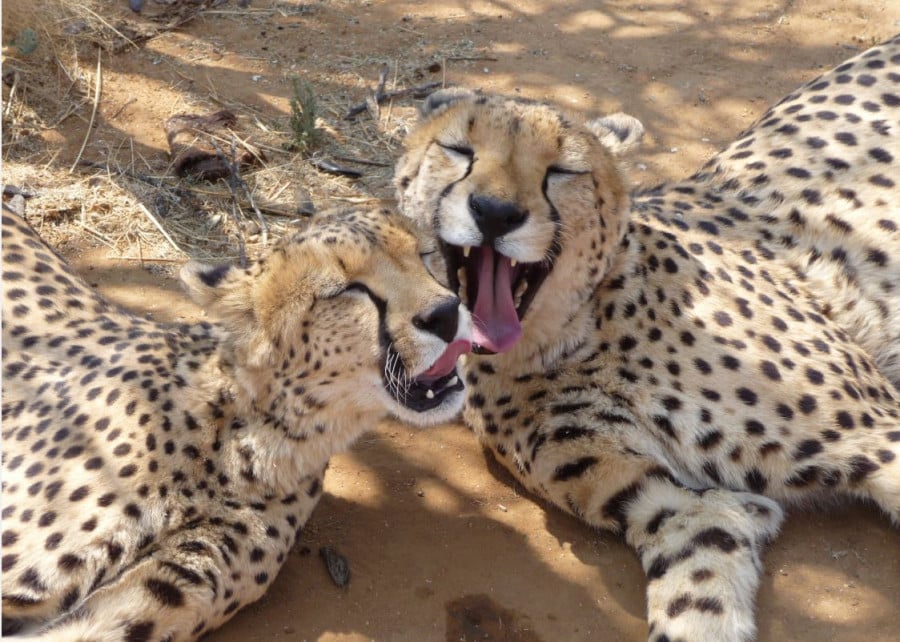
Thailand Elephant Village Volunteers
Project Background:
Surin has for generations been regarded as the home of elephants in Thailand. Hundreds of years ago the Gwi people (sometimes also known as ‘Suay’ people) achieved prominence through their ability to work with elephants and at this time in Thai history the elephants were used as much as horses were used in Europe – as means of transport (particularly for high ranking members of society) as farm animals and also in the Army as Cavalry. Over the generations the Gwi people lived with their elephants and bred them, creating large number of elephants born into a semi-domesticated role.
In more recent times of course machines replaced the elephants in farms, buses and cars replaced them as a mode of transport and the Army started to use tanks rather than elephants in the ‘cavalry’ – however the Gwi people still needed to look after their elephants who had grown up in their communities.
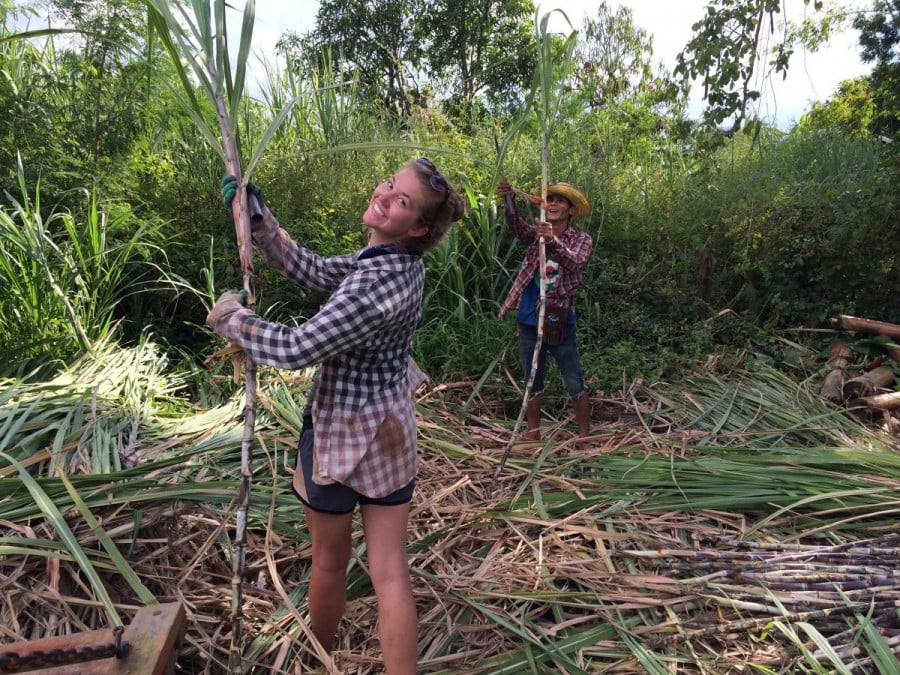
Now in the 21st Century as the move against elephant trekking rightly picks up it’s pace and the focus is rightly on ensuring the best lives possible for the elephants, the mahouts of the village you’ll be staying have bit by bit progressed and offer this fascinating programme. By not allowing riding (other than by the mahouts) and aiming to give an all round experience for the visitor of time with the elephants and village life, the community is able to look after their elephants (who’ve been with them all their life) and themselves without the need to take their elephants to urban areas begging or to put their elephants (who are treated as family members) into elephant shows. The revenue they receive from the programme has allowed them to develop their community and to continue to give their elephants the best life possible.
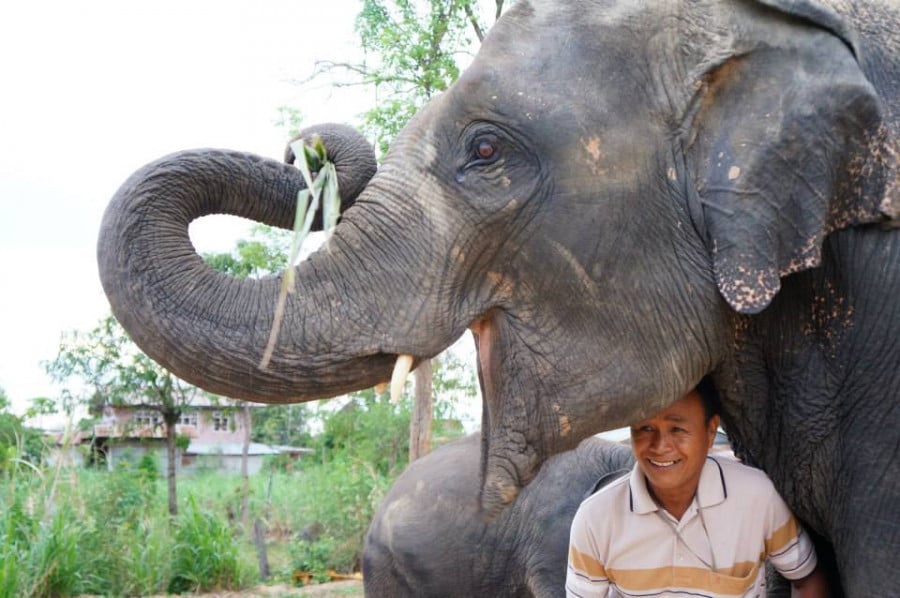
The mahouts look after their elephants from birth (birth of the elephant!) and think of the elephant very much as a son / daughter and full on member of the family. At your accommodation you will see the village family spending huge amounts of time with their elephants, even sometimes simply sitting and looking / chatting with them.
Feeling inspired by these stories? (I know I am!)Take a look at more life changing experiences here and begin your own journey, making a diffence to these extraordinary comunities.
Share this article:
You might also like...
Want more stories like this?
Sign up to our newsletter to get the latest advice, inspiration, and news.


